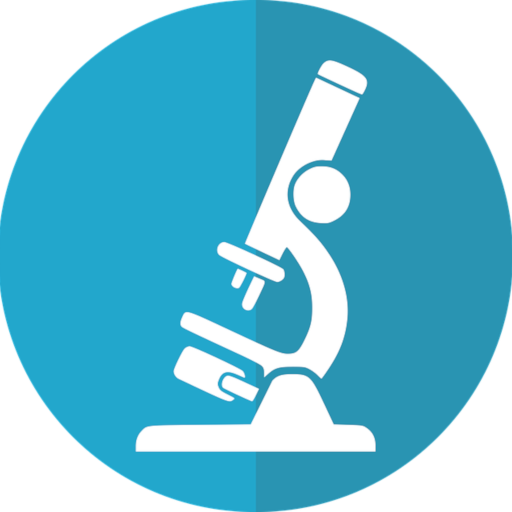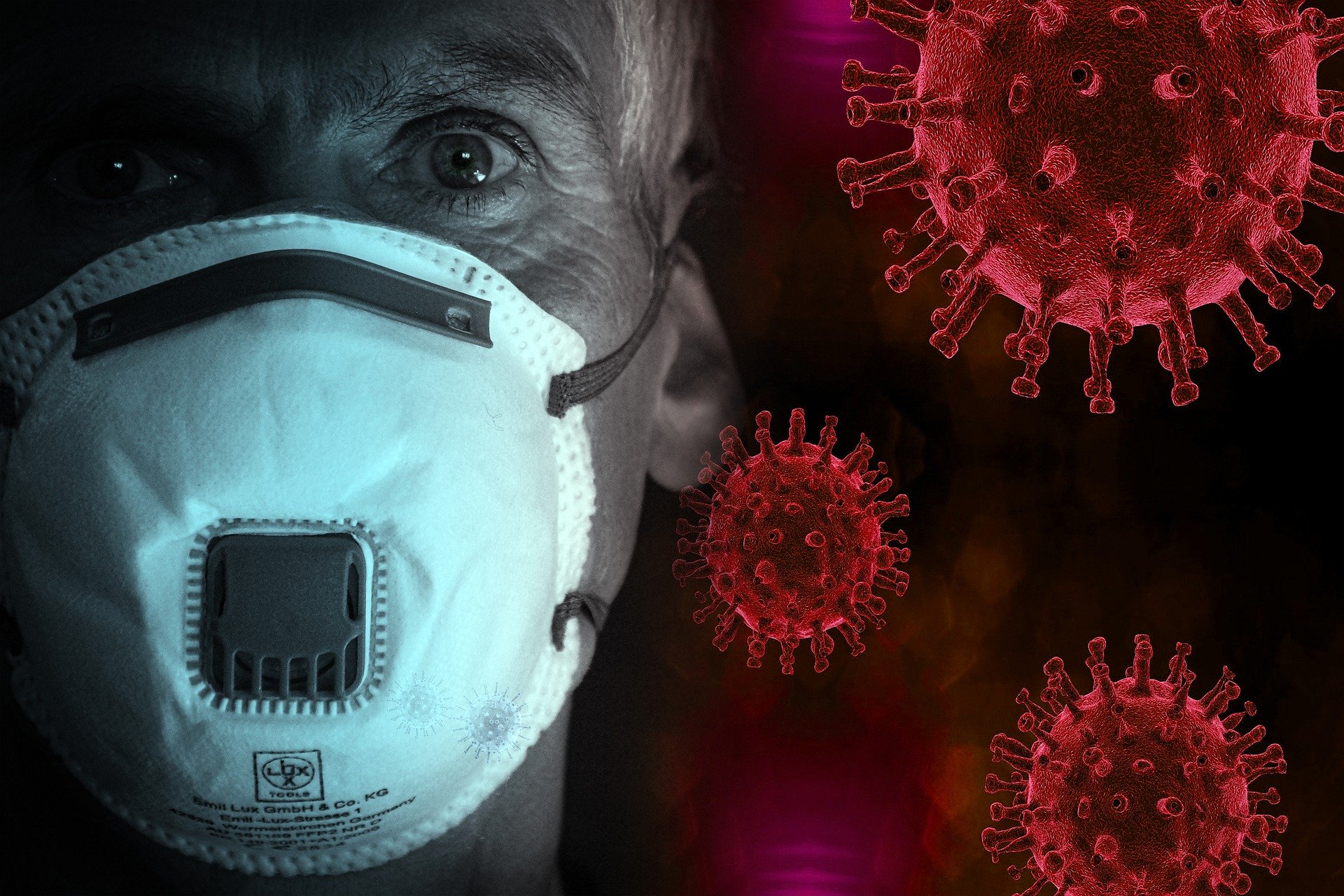Until now, I have not broached the topic of SARS-CoV-2 (COVID-19) on any of my blog posts. Why? The short answer is this – there is already an abundance of trustworthy information, facts, and statistics on the internet surrounding this pandemic.
So why am I choosing now to even make mention of this invasive and devastating behemoth? Because clinical laboratory testing is a topic that is plastered all over the television, internet, and social media since this pandemic started. It is creating a chance for visibility and advocacy for our profession.
Sometimes it takes a horrific jolt to bring attention to something that has been historically unnoticed.
We are Here, We are Here, We are Here!!!
Clinical laboratory professionals (other than Phlebotomists) perform their roles in the background, with little to no patient contact, and are typically overlooked. It is primarily the nurses and doctors, the ones seen by the patient and the public, that have seen the most the recognition for their heroic efforts.
Sometimes it takes a horrific jolt to bring attention to something that has been historically unnoticed. Such is the case for this global pandemic finally conveying awareness regarding the important role of clinical laboratories and the educated clinical laboratory professionals that are performing the high-complexity COVID-19 tests.
Advocacy from Our Heavy-Hitting Professional Organizations
Professional clinical laboratory organizations, such as the American Society for Clinical Pathology (ASCP) and the American Society for Clinical Laboratory Science (ASCLS), are fighting hard to build awareness and respect for our profession. They have been busy lobbying to promote our profession to legislators to make sure they understand:
– the difference between collection sites and testing sites,
– issues concerning the testing capacity for SARS-CoV-2,
– the high-complexity testing needed for a definitive diagnosis,
– the education requirements of those performing high-complexity testing,
– what is required before new tests can be performed,
– workforce shortages in our profession, and more.
At the end of April 2020, the ASCP Board of Certification (BOC) Board of Governors (BOG) sent letters to all 50 state governors to raise awareness about the important role that clinical laboratories and clinical laboratory professionals play in the COVID-19 pandemic response. These letters were all signed by the presidents and CEOs of important clinical laboratory and pathology societies and associations, including:
– American Society for Clinical Pathology (ASCP)
– American Society for Clinical Laboratory Science (ASCLS)
– American Association of Blood Banks (AABB)
– Association of Genetic Technologists (AGT)
– American Association for Clinical Chemistry (AACC)
– American Association of Pathologists’ Assistants (AAPA)
– American Society of Cytopathology (ASC)
– American Society for Microbiology (ASM)
– Clinical Laboratory Management Association (CLMA)
– National Society for Histotechnology (NSH)
Earlier in May 2020, ASCLS met with Senator Patty Murray (D-WA), a member of the Senate Health, Education, Labor and Pensions (HELP) Committee. The purpose of this meeting was to help the Senator and her staff understand issues regarding testing capacity for SARS-CoV-2, and to provide enlightenment to help influence how Congress and the Administration proceed to increase U.S. testing capacity.
How can YOU help bring awareness to our profession?
Advocacy from our professional organizations is wonderful, but it’s not enough. Advocacy and visibility of our profession must also come from individuals. That means YOU. While you may think you alone cannot do much, every single contribution toward bringing awareness to our profession helps.
Here are just a few ways you can help advocate.
Visit your local legislators and share your concerns. While it may be easier to call, email, or write a letter, personal visits are the most effective way to communicate. Of course, if you cannot visit, one of the other options of communication is better than nothing
Join and take part in professional societies and associations at the local, state, and national levels. See the list of some of these organizations earlier in this blog post. Sign up for their newsletters and any email correspondence they offer.
Educate other professionals in your hospital or organization about the clinical laboratory. Many other healthcare professionals may claim to understand what you do. But do they really? The answer is likely no. Show them! Set up tours of your lab. Show them what happens to a specimen from the time it is received in the lab until results are released to the patient’s chart.
Share this blog and other insightful clinical laboratory-related posts (make sure they are reliable) on social media platforms. Social media is powerful and far-reaching. Also, join/follow clinical laboratory-related groups and pages on social media.
In Conclusion
Make no mistake…I am NOT applauding this pandemic. I sincerely wish it never happened and that it was not still plaguing our world. It has globally taken hundreds of thousands of lives in such a short time. But, darn it, let’s take this opportunity to take a bow in the spotlight and advocate the clinical laboratory professions!
What will YOU do to help advocate the importance of clinical laboratories and the role clinical laboratory professionals play in the diagnosis and treatment of patients?


I’m a Medical Laboratory Scientist and I try as much as possible to educate people in my environment and other health care professional about the indespensable role of the laboratory.
Hello Faniyi! Thank you SO much for helping advocate the clinical laboratory science professions. It is SO important! Keep up the good work.
Great work Dawn. You are an outstanding and desperately needed advocate for clinical laboratory science. Hopefully people will begin to recognize the vital role played by laboratory scientists in diagnosis and treatment of diseases of all kinds, including Covid-19
Thank you so much, Loretta! That means so much, especially coming from you.